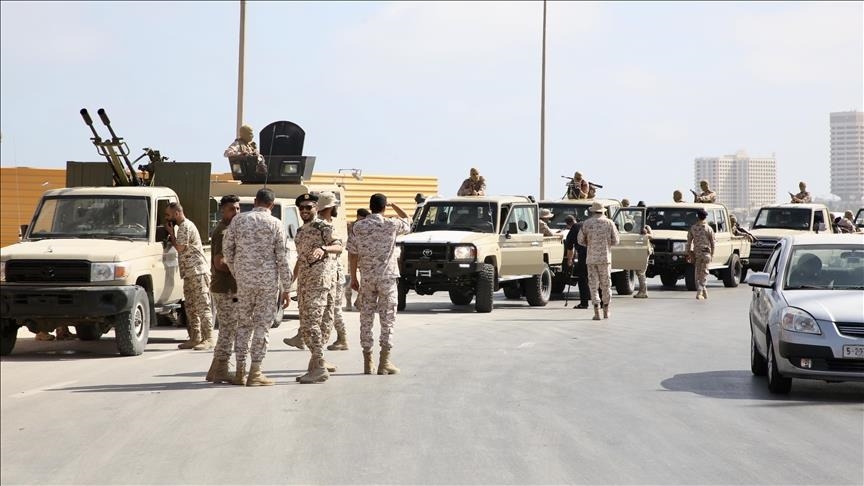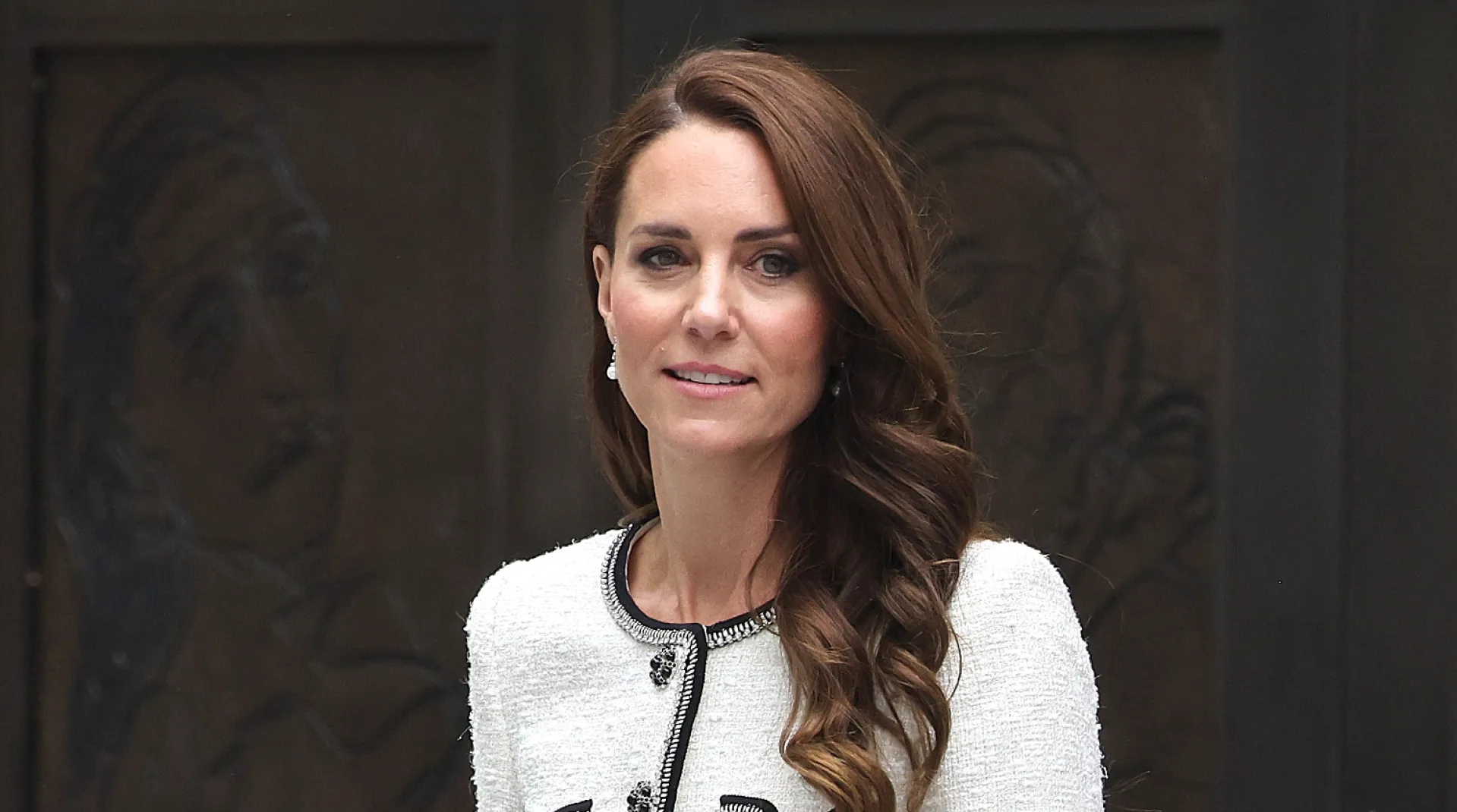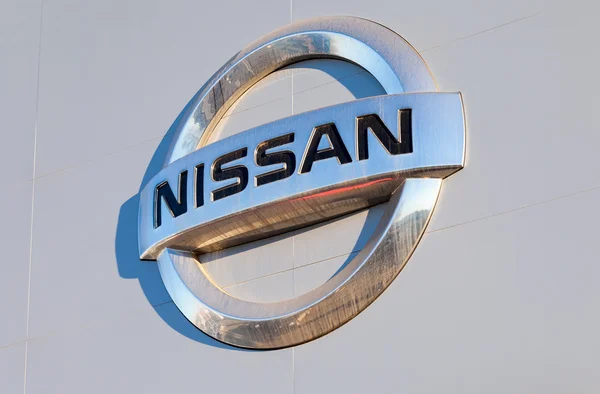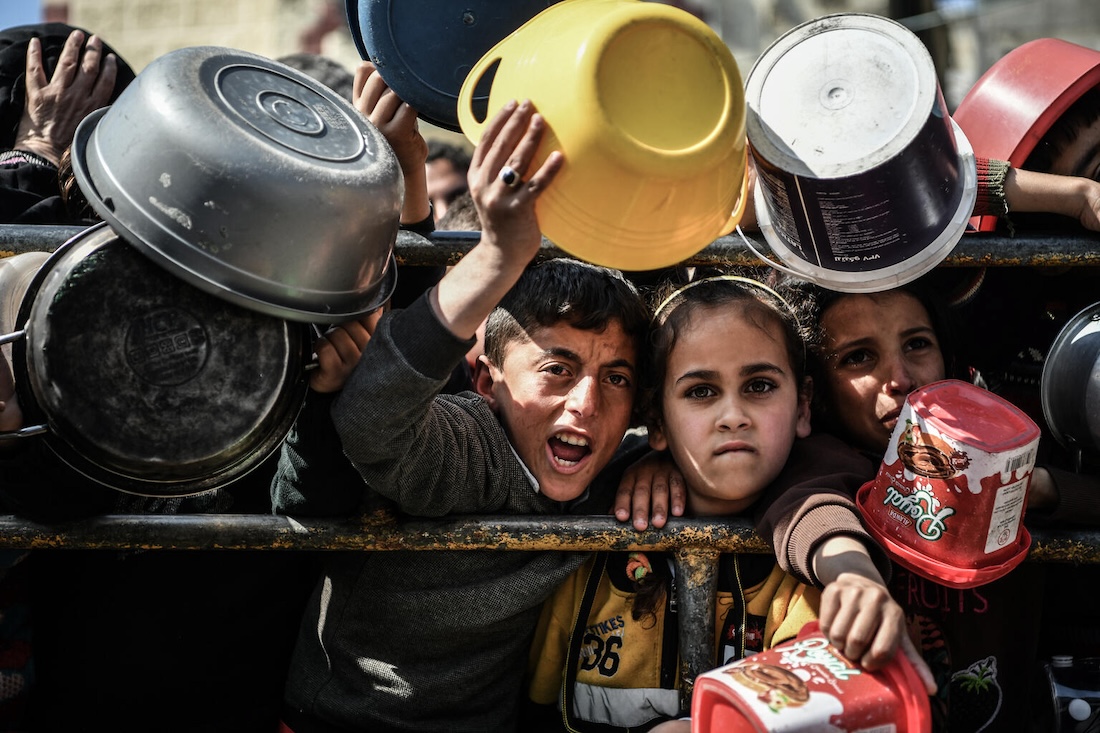Escalating Violence in Tripoli: UN Urges Immediate De-escalation

On Monday, the United Nations mission in Libya (UNSMIL) urgently called for a de-escalation of violence after fighting broke out in Tripoli, Libya’s capital. The situation in the city is rapidly deteriorating, with armed groups clashing in heavily populated areas.
In a post on X, UNSMIL expressed its concern over the ongoing fighting, noting that heavy weaponry was being used in dense civilian zones. The mission emphasized the immediate need for all involved parties to halt their actions and restore order.
“The Mission calls on all parties to immediately cease fighting and restore calm,” UNSMIL stated. “It is imperative that all parties uphold their responsibility to protect civilians during times of conflict.”
A reminder was issued about the gravity of attacks on civilians, warning that such actions may amount to war crimes under international law. The mission’s call is aimed at preventing further harm to innocent people in the midst of the violence.
Gunfire echoed throughout Tripoli as news spread that Abdulghani Kikli, a powerful commander of the Support Force Apparatus (SSA), had been killed. The SSA is one of the most influential armed groups in the capital.
Kikli’s death marks a significant moment in the ongoing conflict, particularly because the SSA is backed by the Libyan state and operates under the Presidential Council. The group’s influence in Tripoli’s security dynamics has been profound.
Libya’s descent into political turmoil began in 2011 with the overthrow of Moammar Gaddafi, resulting in a fractured nation divided by competing factions and armed groups. This instability has plagued the country for over a decade.
While a ceasefire agreement in 2020 offered some hope for peace, Libya remains divided between two rival governments. The internationally recognized Government of National Unity (GNU) controls Tripoli and the northwest, while the east is governed by the Government of National Stability.
Armed clashes between these factions have continued sporadically, especially as both sides vie for control over Libya’s valuable oil and gas resources. This struggle for power is a major driver of the persistent instability in the country.
As reports of violence mounted, the GNU’s health ministry took swift action, ordering local hospitals and medical centers in Tripoli to prepare for emergencies. This measure was a response to the growing number of casualties from the fighting.
Meanwhile, the GNU’s interior ministry issued a warning to citizens, urging them to stay indoors for their own safety. The call came amid fears of further escalation as the situation in the capital became more volatile.
This surge in violence in Tripoli comes at a politically sensitive time as the Trump administration considers plans to deport migrants from the United States to Libya. These plans have raised concerns regarding the safety and wellbeing of those who would be returned.
What's Your Reaction?





















